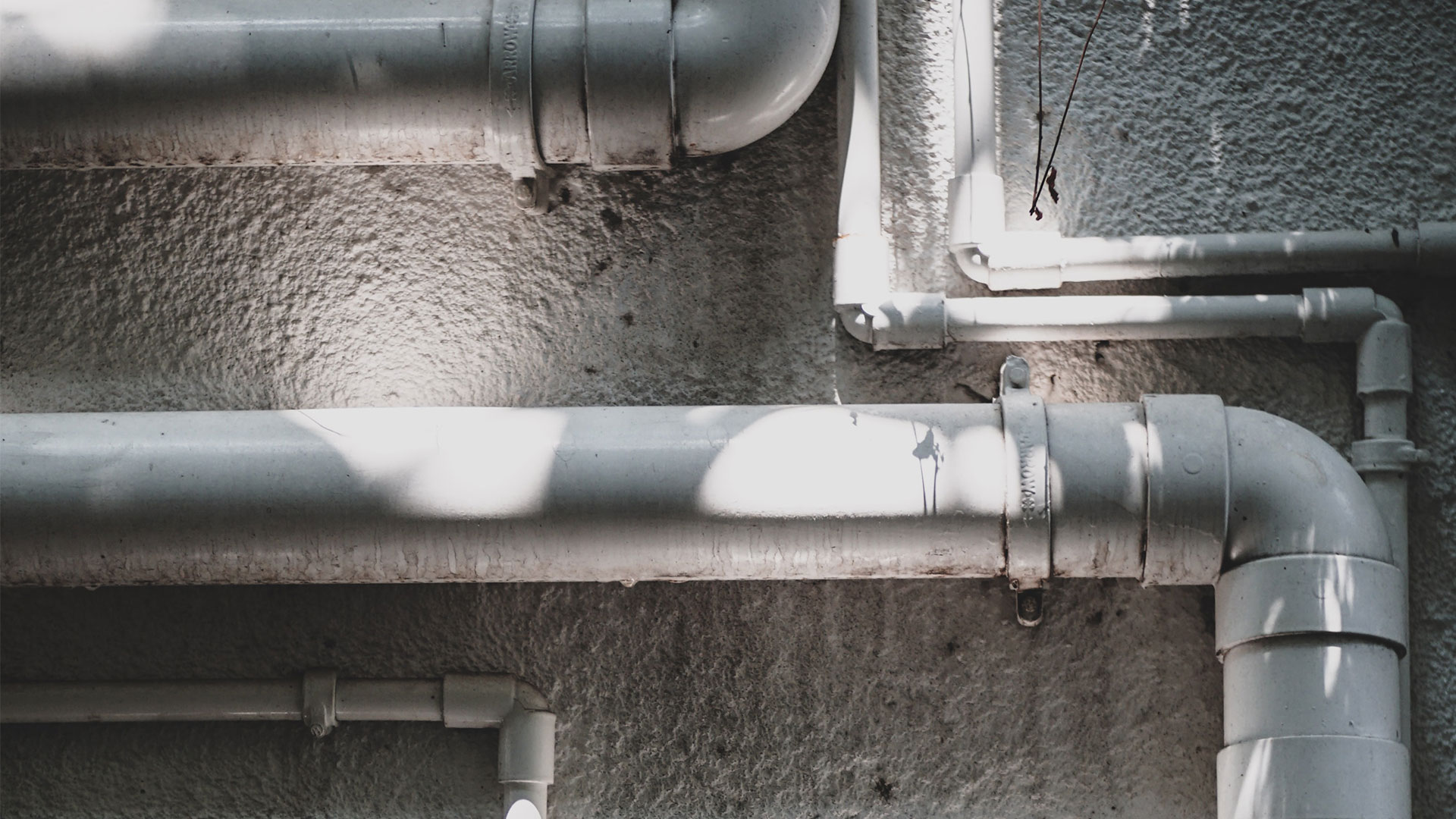Plumbing emergencies are pretty immediate.
You’ll have water pouring out of somewhere and chances are it’s not clean, clear water either.
However, there are all sorts of reasons you might have a plumbing emergency and it’s important that we identify them correctly. A gas leak, for example, is a plumbing emergency because as soon as a gas leak goes south, it’s really bad news.
What are common plumbing emergencies?
Common plumbing emergencies are pretty much what you expect: blocked drains, broken pipes, and leaking gas. Other common plumbing emergencies like an overflowing toilet or a lack of hot water often fundamentally come down to one of those problems.
What do I do in a plumbing emergency?
In any kind of emergency, call the professionals. While you might have some handy skills let’s be honest — if you were really that good, you wouldn’t be in the middle of an emergency. We can help fix your plumbing emergency any time of day or night with our 24/7 service.
How do I manage a plumbing emergency while you're on the way?
The best way to manage a plumbing emergency is to prevent it in the first place. But we’ve put together a list of simple things you can do to stop a plumbing emergency from worsening while we race over.
Blocked drains
Blocked drains are the most common plumbing emergency and there are all sorts of reasons your drains can get backed up. Sometimes it’s just general wear and tear, sometimes tree roots grow through pipes underground, and sometimes it is because you’re putting things down the drain that don’t belong there.
Until we arrive, there’s not a lot you can do to fix this ahead of time but you can turn your water off at the meter.
Broken pipes
If you have water leaking from a broken pipe somewhere in your foundations or in your walls, the best first step is to turn your water off at the meter. You’ll find this in the box in the ground at the front of your property though where exactly this is will depend on your block and your local council.
To test for a leak if you’re uncertain, turn off all appliances — including toilets, washing machines, etc. — and check your water meter. Check it again half an hour later and, if it there’s usage, you have a leak.
We can find broken pipes wherever they hide so give us a call.
Leaking gas
You need to be careful with leaking gas. Do not light any fires. If your gas has only just started to leak and you know that, make sure all your gas appliances are off and anything that could cause a spark is out. If you can smell your leaking gas and you’re not sure where it’s coming from, evacuate and call us immediately.
If you want to get ahead of a potential gas leak, check for gas leaks with the soapy water test on any gas bottle hoses on appliances like your barbecue or your outdoor heater.
No hot water
This is likely because of a failure with your hot water system. It could be leaking or it could be out of gas. Click through here to find out how to relight your hot water system if you have a gas system. For an electric hot water system, check your fuse box to make sure it hasn’t tripped.
If your hot water system is leaking, turn off the water valve. If it’s leaking from the bottom or side of the tank, it’s likely a leak related to the water source. In that case, turn the tap from your mains off.
How do I prevent a plumbing emergency in the first place?
We can help with prevention of a plumbing emergency ahead of it occurring at all. Feel free to give us a call if you’re worried about anything to do with the plumbing at your place. After all, the best remedy is prevention.
 07 3287 1553
07 3287 1553  admin@pasfieldplumbing.com.au
admin@pasfieldplumbing.com.au 
